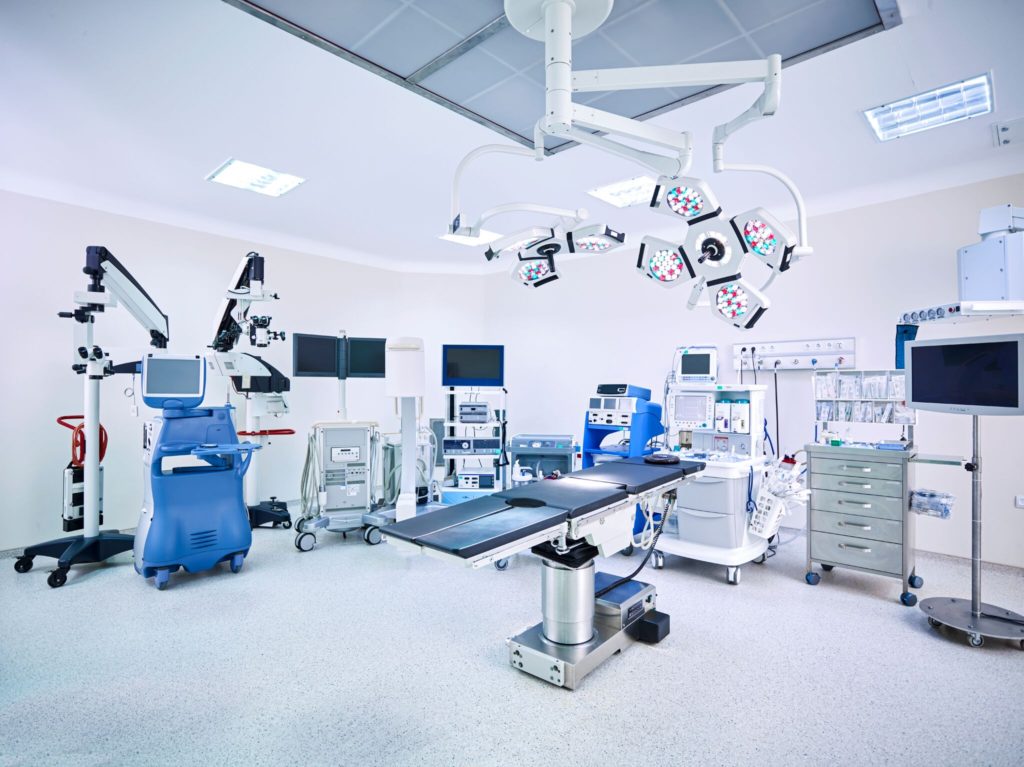Sudden cardiac death is prevalent among patients with conduction abnormalities, New York Heart Association Heart Failure of class 4, and other heart disorders. Large clinical trials have shown that implantable technology can mitigate the risk of death in these patients.…
Category: Health
Complexities Inherent to Healthcare Price Transparency
In the United States healthcare system, price transparency is a complex topic that has spurred countless debates. One critical sub-topic of cost of care that is rarely discussed in mainstream sources, is the difference between cost and charge. Particularly in…
Choosing a Hospital vs. a Surgery Center
With outpatient procedures becoming increasingly commonplace, patients now have a variety of surgical settings available to them. Deciding between a surgical center and a hospital is an important decision, and determining which option is best warrants careful consideration. Surgery centers…
Shifting to a New Model of Work
In March 2017, the Accreditation Council for Graduate Medical Education weighed in on a controversial debate throughout the medical community, deciding that first-year residents would be allowed to work 24-hour shifts — an increase from the historical 16 hours[1]. The…
Considering the Future: Challenges and Opportunities for Real-time Biomarker Tracking
In diagnosing heart attack, doctors in the emergency room will order a series of troponin tests. One is administered immediately and the rest in a few hour intervals over several days. Constantly elevated blood troponins are indicative of cardiac injury.…
Post-Operative Delirium
When an elderly loved one needs surgery, there are a host of worries and fears in the minds of friends, family, and caregivers. Advanced age predisposes people to many surgical complications, but one of the most common yet least recognized…
Surgical Navigators, a New Front for Surgery
As the surgical field progresses to new technological and strategic heights, the role of addressing patient satisfaction is increasingly important for practice development — both in and out of the operating room (OR). Along with clinical efficacy, patient satisfaction is…
Prevention and Management of Postoperative Delirium
Delirium is defined as an acute cognitive decline in the form of inattention, disorganized thinking, and fluctuating mental status. It is seen most often in elderly hospitalized patients, especially those who are critically ill. A separate varietal, emergence delirium, is…
Perioperative Surgical Home
The perioperative surgical home (PSH) model is a novel treatment paradigm in which the anesthesiologist serves as the coordinator of care from the preoperative to perioperative phase. In effect, the PSH model aims to increase efficiency in the care continuum…
Expanesthetics: Bringing Anesthesia Research to Venture Capitalism
There are anesthesia providers who recall using ether and halothane anesthetics, agents largely unheard of in American operating rooms today. Newer agents with fewer negative side effects and superior pharmacokinetic profiles have all but replaced them, each in its turn…









